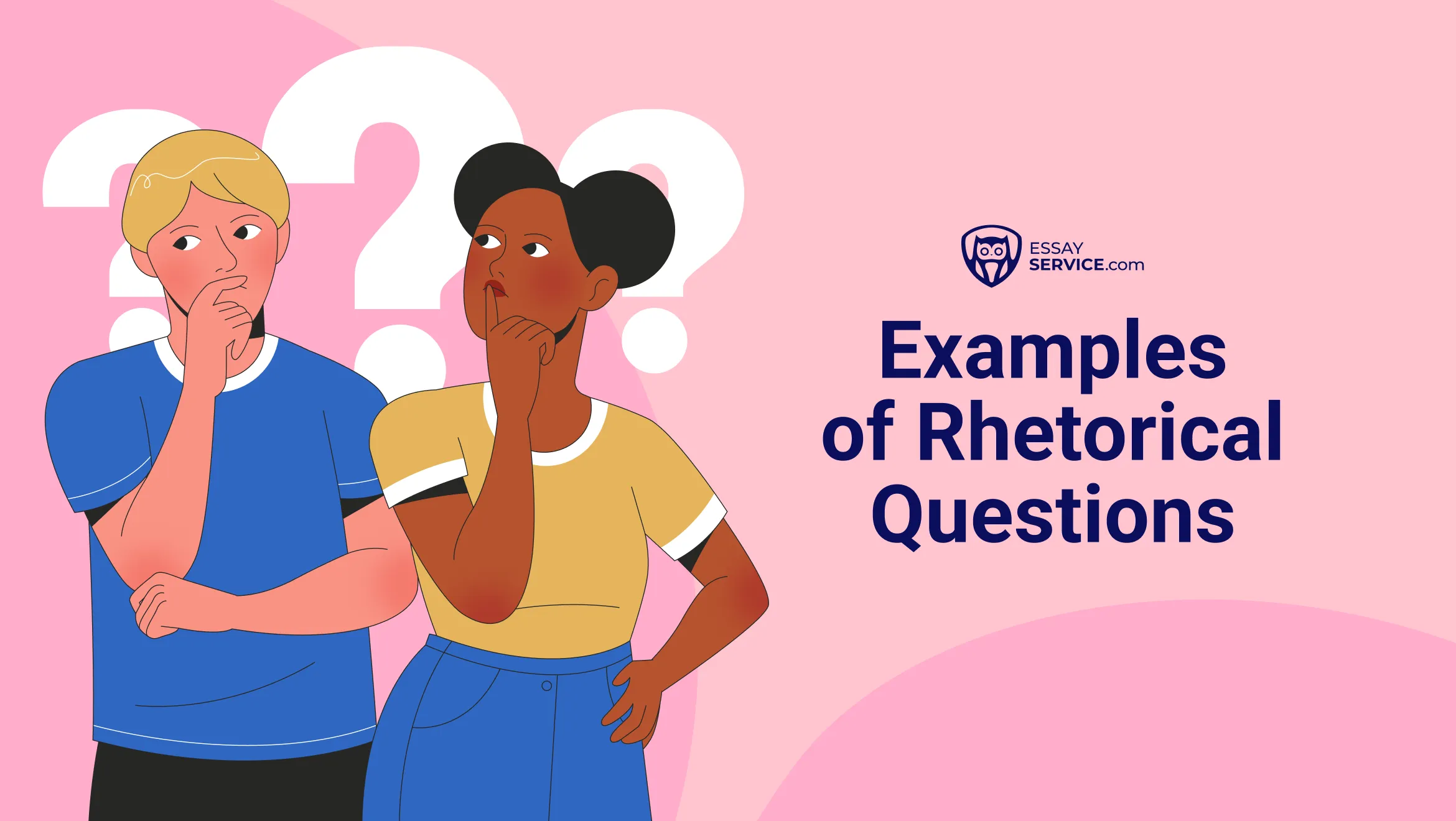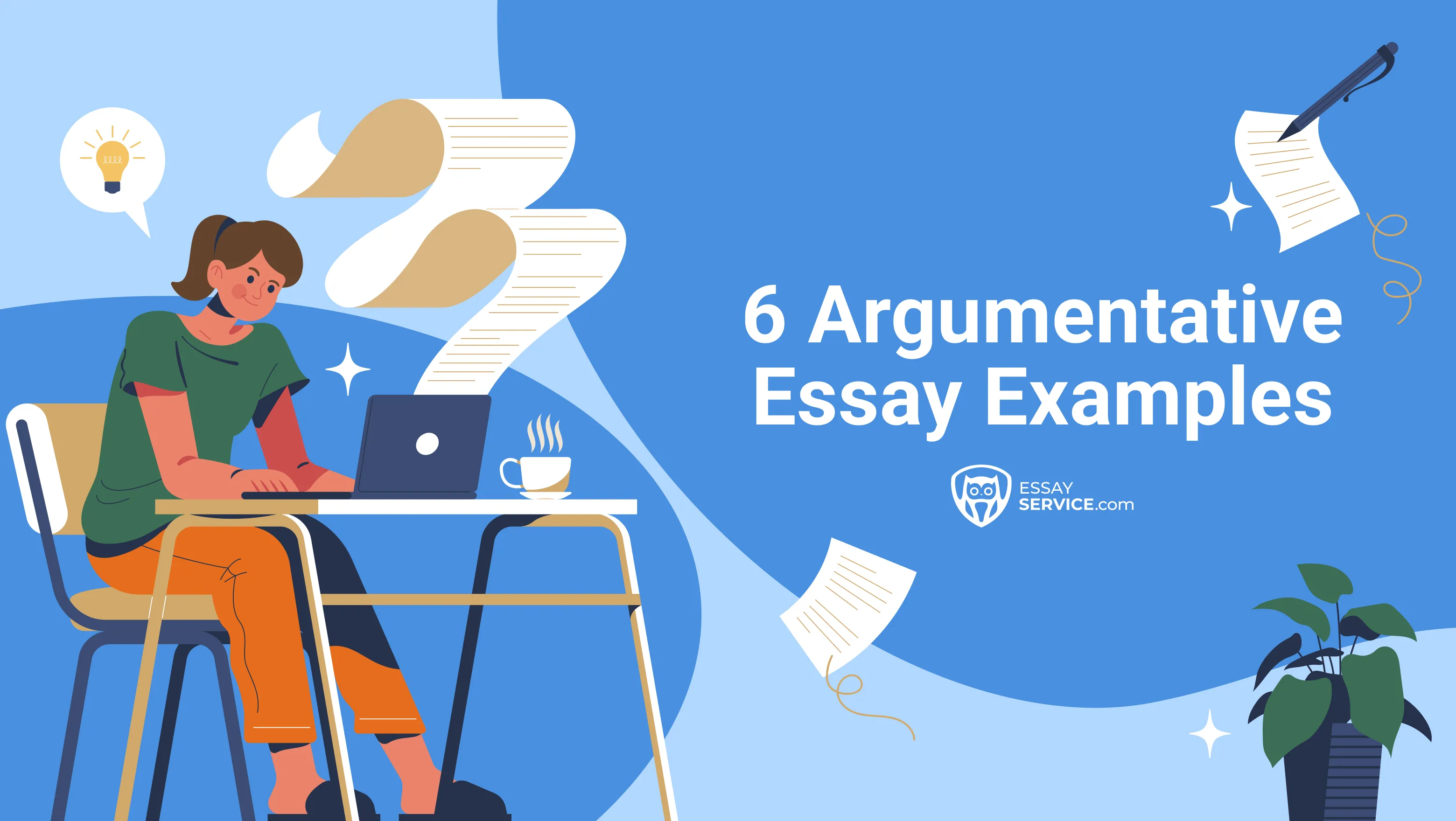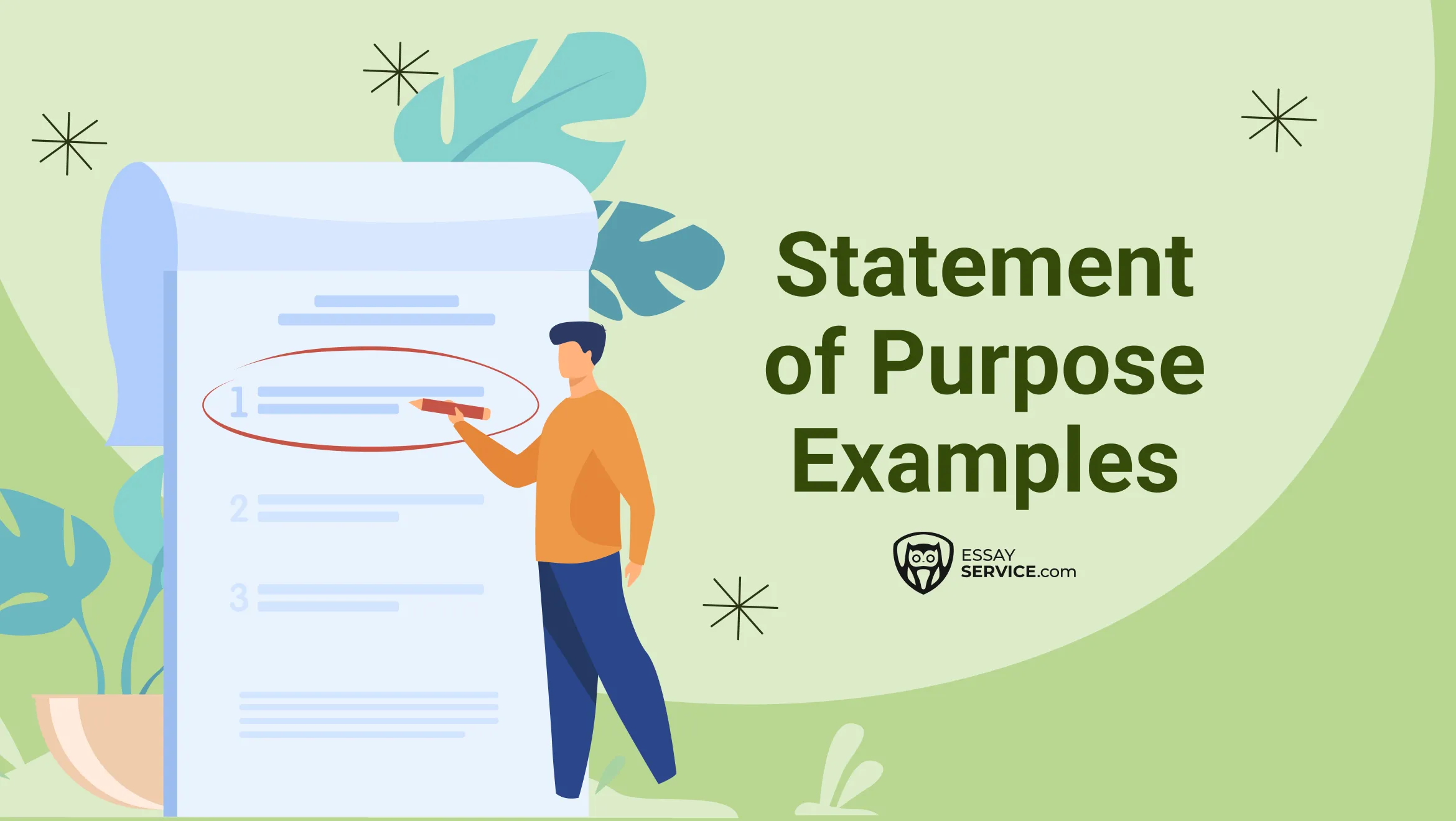A rhetorical question is a question someone asks without expecting an actual answer. Take "Is the Pope Catholic?", for example. The question isn't genuine, rather it's a way of saying, 'obviously, yes'. Writers usually use rhetorical questions for several reasons:
- To make readers or listeners think about an idea.
- To emphasize ideas without stating them directly.
- To create an emotional connection.
- To help the audience feel something.
- To make writing or speech sound natural.
This article provides good examples of rhetorical questions for students, showing how they appear in casual conversation. You'll also find a PDF sample with a complete list of examples for quick reference. Still, using rhetorical questions naturally in writing can be challenging. EssayService exists for moments like those. Our writers can give you academic guidance whenever your papers stall.

Common Rhetorical Questions in Everyday Language
Daily conversation is full of rhetorical questions, to the point where most people don't even notice they're using them. They slip into speech naturally because they can easily express emotion. They also signal attitude without spelling everything out. Here are ten rhetorical questions examples for everyday life:
- Who doesn't need more hours in a day? Used when someone feels busy or overwhelmed.
- Isn't coffee basically a morning ritual? Shows how common and comforting the habit is.
- Do fish swim? Emphasizes that the answer to something is clearly yes.
- Do I look like I’m made of money? This expresses frustration about spending too much or being asked to pay for something unreasonable.
- Isn't a little silence underrated? Suggests that quiet moments are valuable.
- Why does the best parking spot always disappear first? Light complaint about everyday annoyances.
- Is the sky blue? Another way to point out that something is obviously true.
- Isn't laughter what keeps us sane? Suggests humor helps people stay balanced.
- How many times do I need to repeat myself? Spoken when someone feels ignored.
- Do birds fly? Used to highlight that the answer is obvious and unquestionable.
Professional Examples of Rhetorical Questions
Rhetorical questions help ideas land with more effect in professional or academic settings. They guide the listener toward a conclusion through thought rather than instruction. Such questions can even slow the pace a little to allow reflection. Here are ten that open space for thinking:
- What defines true leadership? Encourages the listener to think about consistency and presence rather than titles.
- How do we measure progress without reflection? Points to the idea that growth requires awareness of what has already happened.
- Who holds the responsibility for workplace culture? The answer points toward shared influence that’s shaped by the daily choices of everyone involved.
- Isn't feedback the quiet engine behind growth? Feedback works as a force that drives improvement over time.
- What would innovation look like without curiosity? Curiosity provides the starting point that allows new ideas to form.
- Who decides what excellence really means? Standards are shaped by values, priorities, and the purpose behind the work.
- How do teams stay productive without a shared purpose? It points toward direction and unity as the foundation of effective collaboration.
- What drives long-term motivation more than trust? It presents trust as a stabilizing force that supports commitment.
- Who benefits when communication becomes transparent? Clear communication strengthens cooperation and makes expectations easier to meet.
- How can professionals stay motivated when goals evolve? It opens space to consider adaptability and personal meaning as sources of continued effort.
Examples of Rhetorical Questions in Literature
Writers use rhetorical questions to give emotion a voice and make readers pause to think. They encourage readers to think or feel something they didn't expect. Here are ten memorable ones from literature:
- "What's in a name?" – Romeo and Juliet by Shakespeare
- "Are all men's lives so hard as mine?" – Jane Eyre by Charlotte Brontë
- "What immortal hand or eye could frame thy fearful symmetry?" – The Tyger by William Blake
- "Shall I compare thee to a summer's day?" – Sonnet 18 by Shakespeare
- "Was this the face that launch'd a thousand ships?" – Doctor Faustus by Christopher Marlowe
- "And what rough beast, its hour come round at last, slouches toward Bethlehem to be born?" – The Second Coming by W.B. Yeats
- “What are men to rocks and mountains?” – Pride and Prejudice by Jane Austen
- “Why does the caged bird sing?” – inspired by Paul Laurence Dunbar’s poem Sympathy, echoed in I Know Why the Caged Bird Sings by Maya Angelou
- "How can love be so cruel?" – Wuthering Heights by Emily Brontë
- "Who would bear the whips and scorns of time?" – Hamlet by William Shakespeare
- “If you prick us, do we not bleed?” – The Merchant of Venice by William Shakespeare
- “What fresh hell is this?” – Dorothy Parker (commonly attributed in her dramatic prose and letters)
- “Am I my brother’s keeper?” – Genesis 4:9 (a widely referenced literary and cultural rhetorical question)
- “Must I remember?” – Hamlet by William Shakespeare
- “O Wind, if Winter comes, can Spring be far behind?” – Ode to the West Wind by Percy Bysshe Shelley
Examples of Rhetorical Questions in Speeches
Nearly every famous speech includes rhetorical questions that drive emotion. With the right question, people notice the idea instead of just hearing the words pass by. Sometimes the question sounds bold. Sometimes it’s simple enough to grasp in a second. Either way, it signals something meaningful. Here are ten examples that prove their force:
- Are we a nation that accepts the cruelty of ripping children from their parents' arms? – Barack Obama
- "What can you do for your country?" – John F. Kennedy
- "How long shall we wait for justice?" – Martin Luther King Jr.
- “What kind of people do they think we are?” – Winston Churchill
- “Do we want our children to live in fear and hatred?” – Nelson Mandela
- "Ain't I a woman?" – Sojourner Truth
- "Shall we surrender our hope?" – Franklin D. Roosevelt
- "What kind of world do we want to leave behind?" – Greta Thunberg
- "Are we content with the status quo?" – Eleanor Roosevelt
- "Who will stand up for truth?" – Mahatma Gandhi
- “What, to the American slave, is your Fourth of July?” – Frederick Douglass
- “Will we be extremists for love?” – Martin Luther King Jr.
- “Are we better off than we were four years ago?” – Ronald Reagan
- “How long will justice be crucified, and truth buried?” – Martin Luther King Jr.
- “What kind of peace do I mean?” – John F. Kennedy
Examples of Rhetorical Questions in Advertising
Advertisers love rhetorical questions because they make people imagine themselves using the product. The question plants an idea in the mind before any explanation begins. It works by creating a small pause where the listener fills in the answer on their own. The moment feels personal, even though it’s guided. That is why these questions stay memorable and easy to repeat. Here are ten sharp rhetorical questions examples in advertising with implied answers:
- Got Milk? — California Milk Processor Board
- Can you hear me now? — Verizon
- What’s in your wallet? — Capital One
- Where’s the beef? — Wendy’s
- Are you in good hands? — Allstate
- Does she… or doesn’t she? — Clairo
- Have you had your break today? — McDonald’s
- Is it in you? — Gatorade
- Is it live, or is it Memorex? — Memorex
- What would you do for a Klondike Bar? — Klondike
- Got a little Captain in you? — Captain Morgan
- Can you taste the rainbow? — Skittles
- Is your man the man your man could smell like? — Old Spice
- How do you eat yours? — Cadbury Creme Egg
- Could switching to GEICO really save you 15% or more? — GEICO
Examples of Rhetorical Questions in Movies
Some of the most iconic movie lines are rhetorical. They can show a range of different feelings all in a single question. The moment usually sticks because the line sounds like a thought spoken aloud instead of scripted dialogue. It gives the character a clear emotional stance. These questions also invite the audience to feel the scene rather than simply watch it. Here are ten favorites:
- "Why so serious?" – The Dark Knight
- "Do you feel lucky, punk?" – Dirty Harry
- "Are you not entertained?" – Gladiator
- "Who ya gonna call?" – Ghostbusters
- "Why did it have to be snakes?" – Indiana Jones
- "What's the worst that could happen?" – Hitch
- "Is this real life?" – Inception
- "How could you do this to me?" – Titanic
- "What's the plan now?" – Avengers: Endgame
- "Can you handle the truth?" – A Few Good Men
- “You talkin’ to me?” – Taxi Driver
- “Why so soon?” – The Lion King
- “What year is it?” – Jumanji
- “Do I amuse you?” – Goodfellas
- “Why can’t we all just get along?” – Mars Attacks!
Funny Rhetorical Questions Examples
A rhetorical question doesn’t need an obvious answer to be amusing. Quite the opposite: humor comes from the timing and the shared understanding behind the question. The listener already knows what the speaker means, so the laugh happens in the space between the words. Here are ten funny rhetorical questions examples:
- If nothing's impossible, is invisibility possible? This plays with the literal meaning to create a playful paradox.
- Why do we call it a building when it's already built? This points out how everyday language can be strangely illogical.
- Who closes the bus door after the driver leaves? This highlights a practical mystery people rarely think about.
- Why do round pizzas come in square boxes? This draws attention to an odd design choice that feels inefficient.
- How do you throw away a garbage can? This raises a question that appears simple but turns confusing when considered.
- Who tested the first parachute? This calls up a vivid picture of someone making a risky first attempt.
- Why press harder on the remote when the batteries die? This shows how habits override logic in small moments.
- If money doesn't grow on trees, why do banks have branches? This leans on wordplay to create a humorous connection.
- Why is fast food never fast? This expresses frustration with a common experience using dry humor.
- Who thought silent letters were a clever idea? This questions language rules that feel unnecessary.
Full List of Rhetorical Questions Examples
If you're looking for a longer list of examples for rhetorical questions, take a look at the PDF file below. We’ve put together 20 different categories of such questions so you can have them for quick reference. The PDF makes it easy to find what you need whenever you’re trying to improve your writing.
When Do People Ask a Rhetorical Question?
People ask rhetorical questions when they want listeners to think instead of just replying. You'll hear them in professional and casual settings alike, always giving more shape to rhythm than content. You'll often notice rhetorical questions when someone:
- Tries to make an opinion sound softer or smarter. A statement like “This is wrong” can feel aggressive, but the rhetorical version, “Does that seem right to you?” encourages agreement without pressure.
- Wants a sentence to echo in the reader’s mind. Rhetorical questions slow the reader down for a moment. That pause is where meaning lands with them.
- Uses irony or humor to shape tone. A rhetorical question can show disbelief, playfulness, or even amusement without needing a long explanation.
- Aims to make people reflect rather than react. It opens space for thought, which creates a connection instead of an argument.
The Bottom Line
Rhetorical questions give writing texture. They slip emotion into reason and keep words alive instead of being flat. Good writers use them to leave space, the kind that makes readers think in silence for a second before moving on to the next sentence.
If that balance feels hard to find, EssayService is built for moments like that. You can ask us to refine your writing or pay for an essay right away. Our writers know how to use such questions so they can actually add to your papers.
Frequently Asked Questions
What Are Some Examples of Rhetorical Questions?
A rhetorical question sounds simple but carries weight. It's the kind that makes the listener nod instead of answering. For example:
- Who doesn't want to be happy?
- Isn't honesty the best policy?
- Who could disagree with that?
What Are Sarcastic Rhetorical Question Examples?
Sarcastic rhetorical questions twist the tone. They say one thing but mean another. You'll recognize them instantly:
- Really? That was your best idea?
- Do I look like I have all day?
- Isn't that just brilliant?
What Are Rhetorical Question Examples Used in Marketing?
Advertising uses rhetorical questions to grab attention before logic kicks in. They sound friendly, quick, and impossible to ignore:
- Got milk?
- What's in your wallet?
- Tired of slow internet?
What Rhetorical Question Examples Can I Use for Introductions or Conclusions?
In essays, rhetorical questions guide tone. They open ideas or close them with quiet force. For introductions:
- What would life be without curiosity?
- Who decides what success really means?
- For conclusions:
- Isn't change the only constant we can trust?
- Who could deny the power of knowledge?
What Rhetorical Question Examples Provoke Critical Thinking?
The best rhetorical questions push back on assumptions and make people pause before answering, even in their heads. For instance:
- Who decides what truth looks like?
- Isn't progress another word for risk?
- Who defines right and wrong?

John spends his days studying the impact of language. He uses his deep understanding of linguistics and research experience to help students communicate more effectively and craft immaculate research-intensive papers.
- Definition of RHETORICAL QUESTION. (2020). https://www.merriam-webster.com/. https://www.merriam-webster.com/dictionary/rhetorical%20question
- Rhetorical Question - Examples and Definition. (2018, November). Literary Devices. https://literarydevices.net/rhetorical-question/
New posts to your inbox
Your submission has been received!




